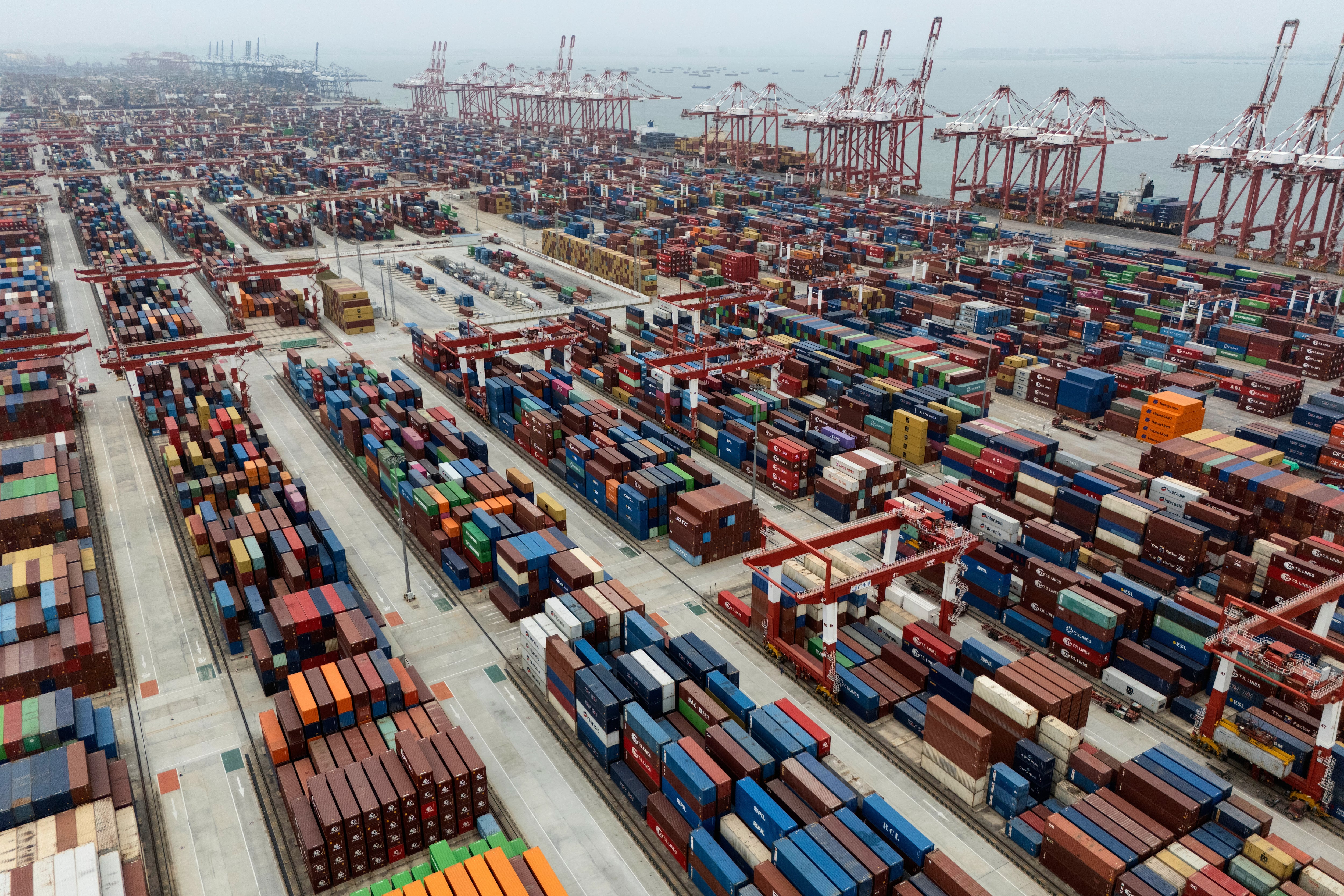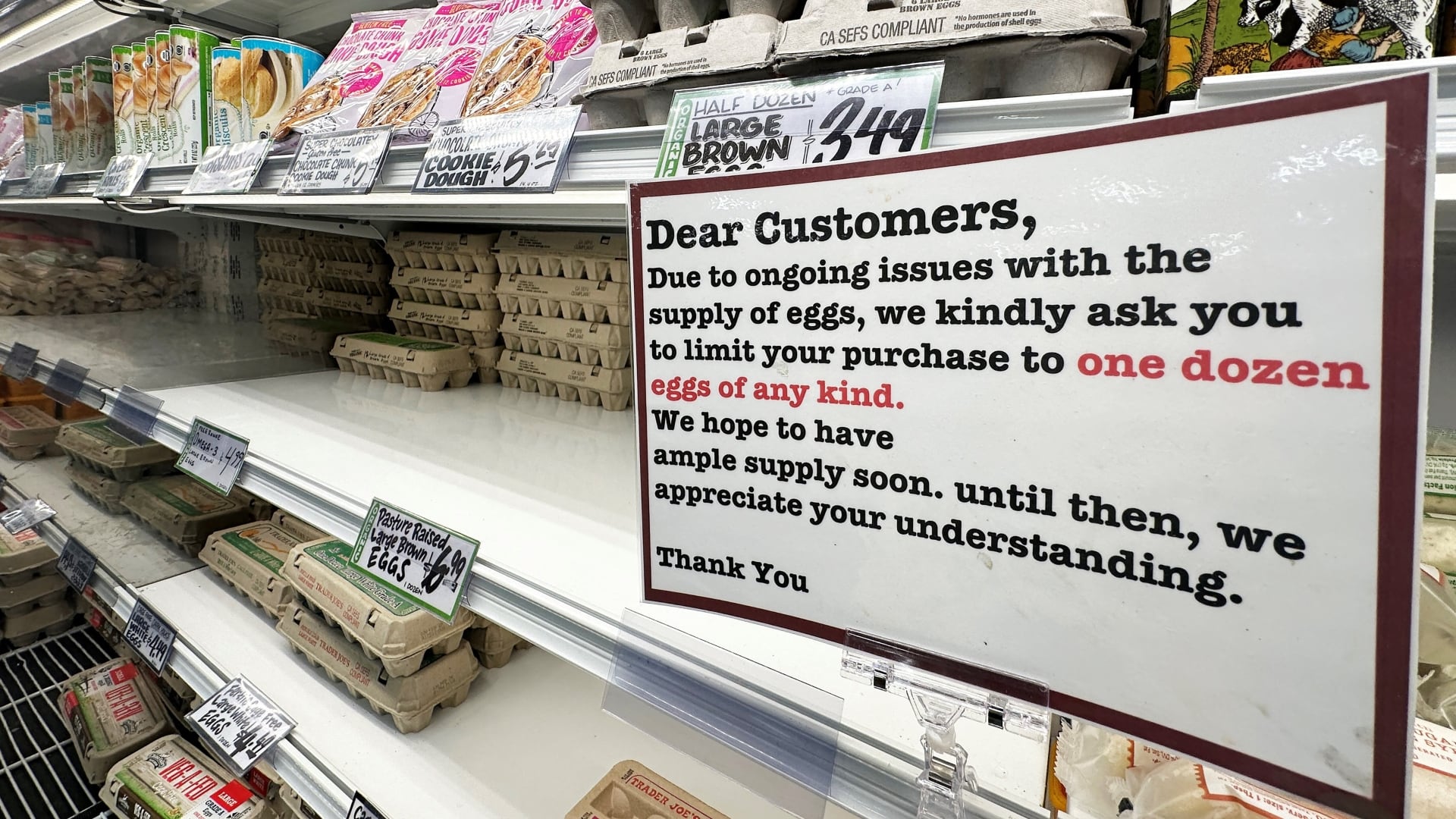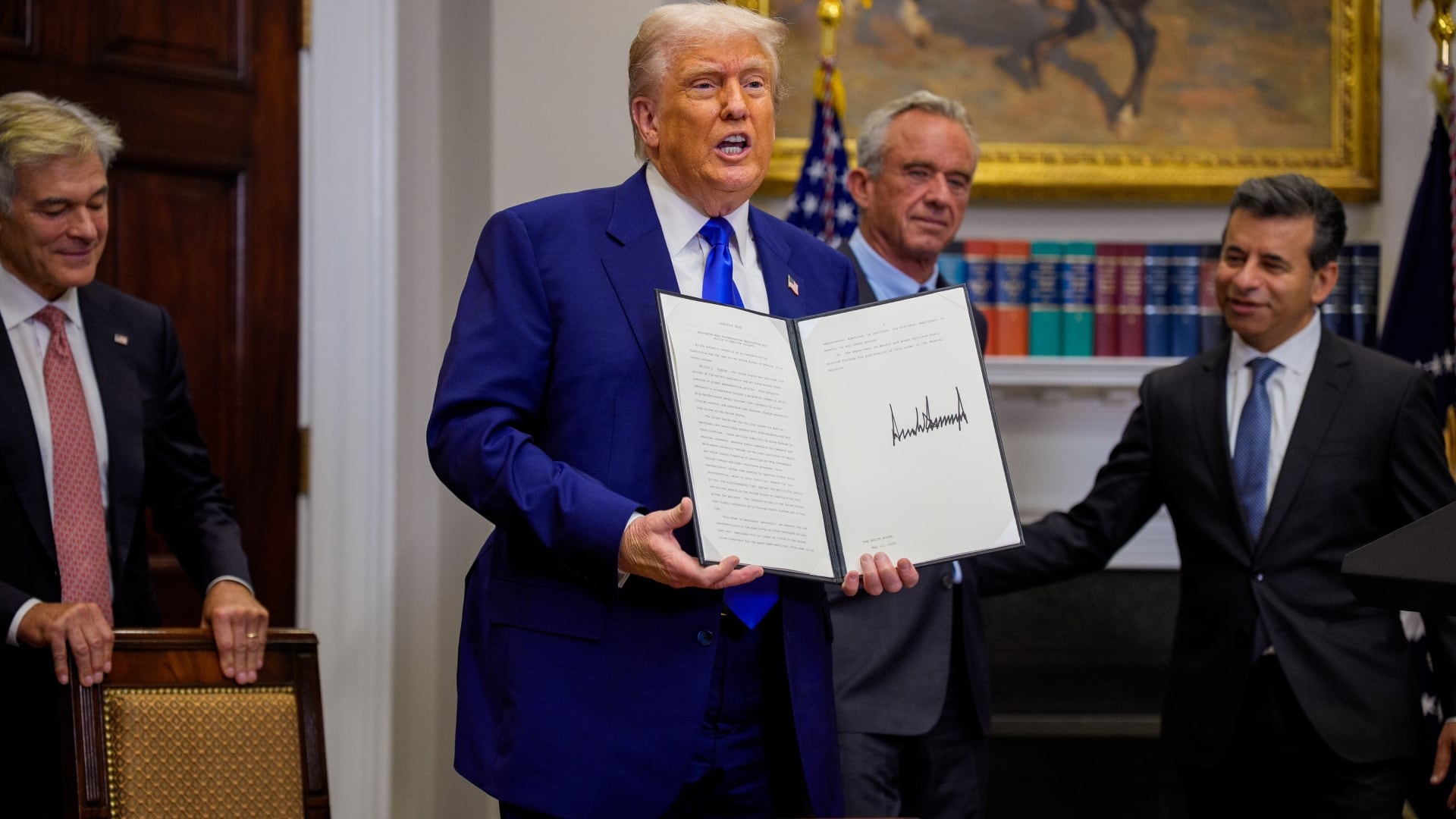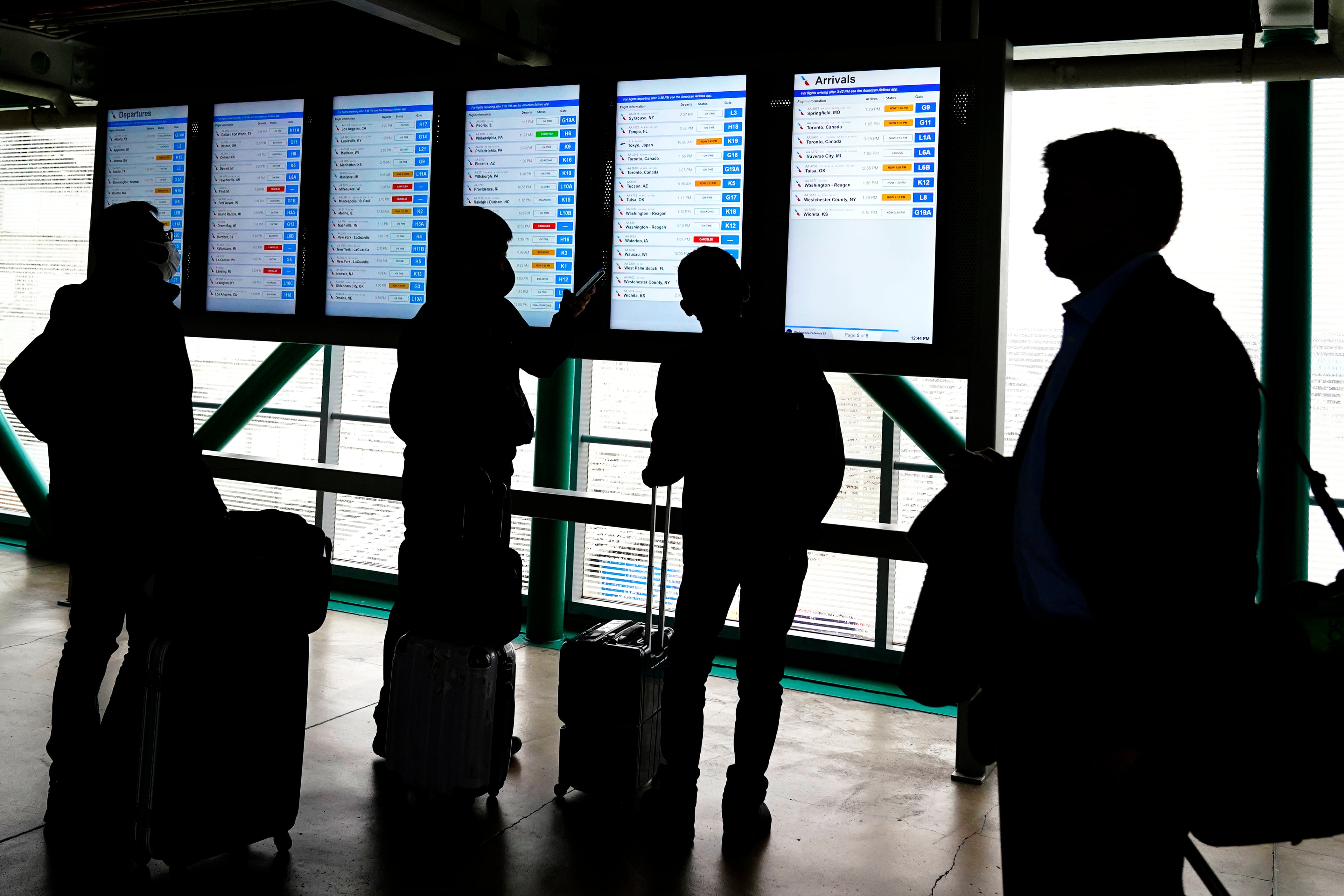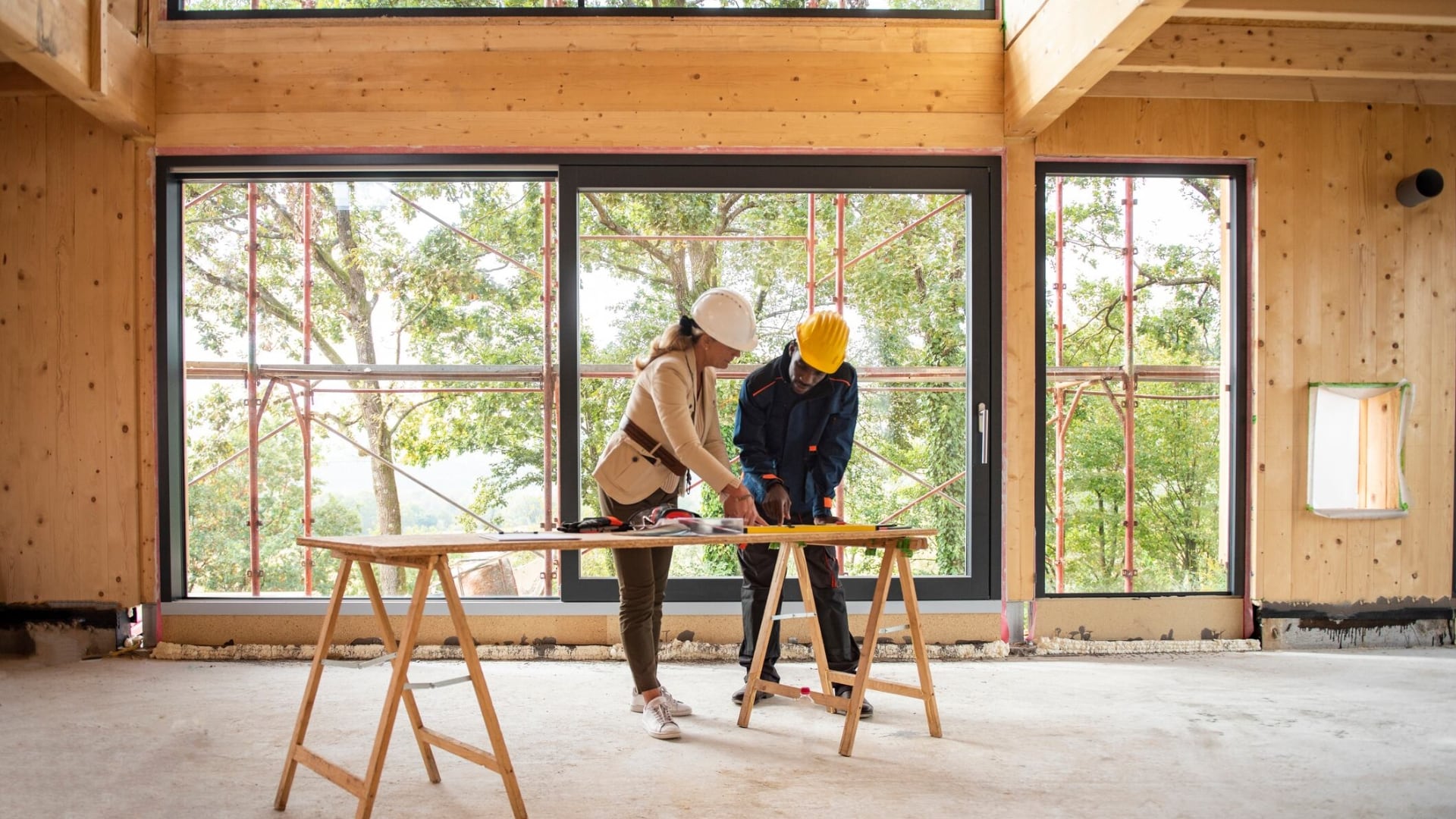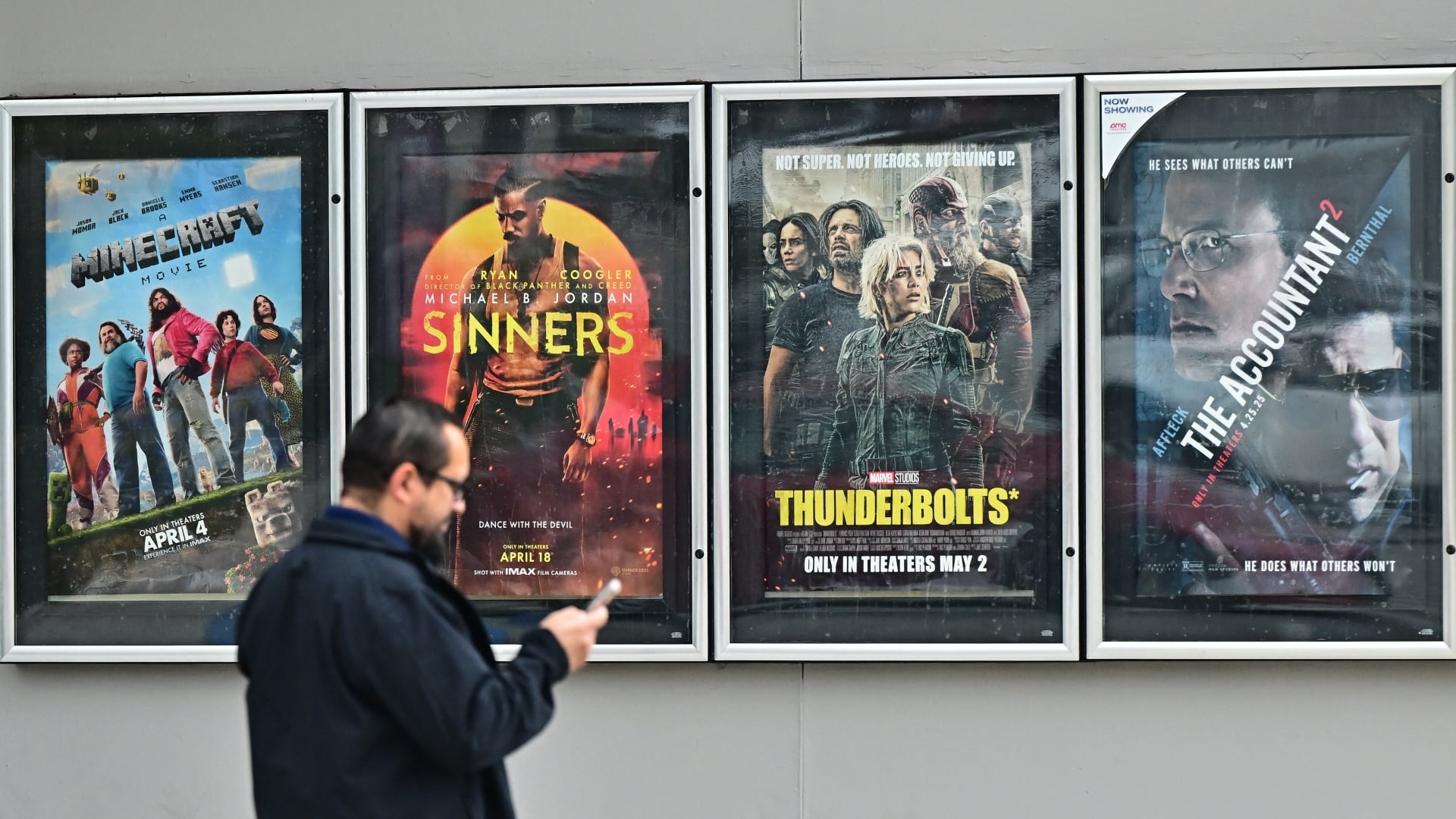By Dee-Ann Durbin
Starbucks says its U.S. workers must be fully vaccinated by Feb. 9 or face a weekly COVID testing requirement.
The Seattle-based coffee giant said Monday it was acting in response to the Occupational Safety and Health Administration, which issued a vaccine-or-test requirement for companies with more than 100 employees in November.
The requirement, which has faced numerous court challenges, was upheld last month by a three-judge panel with the U.S. Court of Appeals. The Supreme Court is scheduled to consider the requirement on Friday.
Starbucks is requiring its 228,000 U.S. employees to disclose their vaccination status by Jan. 10.
“I recognize that partners have a wide spectrum of views on vaccinations, much like the rest of the country,” Starbucks Chief Operating Officer John Culver said in a letter sent to employees in late December. “My responsibility, and that of every leader, is to do whatever we can to help keep you safe and create the safest work environment possible.”
Starbucks said full vaccination means two shots of either the Pfizer or Moderna vaccine or one shot of the Johnson & Johnson vaccine.
If a Starbucks employee chooses to test weekly instead, they must pay the cost of testing themselves and get tested a pharmacy, clinic or other testing site where someone is observing the test. Religious or medical accommodations will be considered, but to work in a store, employees must test weekly, the company said.
Employees who test positive will be able to use paid time to self-isolate. Starbucks said it is currently offering employees two instances of paid isolation time, both up to five days each.
